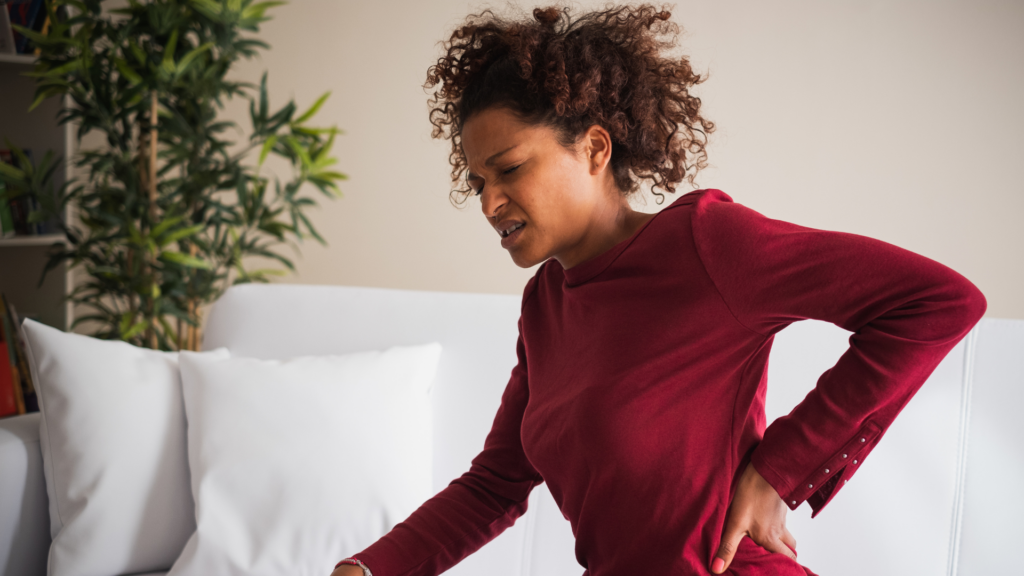With a heavy heatwave engulfing all corners of the country, warnings are everywhere: stay out of the sun, drink a lot of water and dress lightly. The heat affects our body in numerous ways and can even become fatal, especially once it gets higher than our bodily temperature, 37°C.
Particularly those suffering from kidney diseases should be aware of the health risks that come with exposing yourself to the heat outside, as high temperatures contribute to the formation of kidney stones.
Kidney stones are hard, stone-like objects made up of minerals and salts that form inside your kidneys. They clog your kidneys, usually causing severe pain in the back and abdomen, a high temperature, and urine infection. An estimated 1 in 10 people in Belgium will have kidney stones at some point in their lives.
How do kidney stones form?
RTBF asked François Jouret, a nephrologist at the CHU hospital in Liège, how exactly hot weather can cause kidney stones. As people sweat more in the heat, less water flows through their kidneys, he explains.
“Working or living in a hot environment makes you sweat more. All the water that passes through the skin during sweating is water that does not pass through the kidneys and therefore does not dilute the urine,” Jouret said.
That causes an increased chance of kidney stones: “The formation of crystals in the urine, and therefore of stones in the kidney, is faster when the urine is concentrated.”
Global warming
Lithiasis, as kidney stones are scientifically known as, is relatively common, as about 10% of the Belgian population experiences it. Various studies have shown that the disease is more prevalent in hot regions, such as the Near East or the southern United States.
Related News
- Code red: Temperatures up to 40°C in Belgium today
- Almost half of Europe at risk of drought
- 'Like a boiling egg': How the heatwave affects your body
The issue will aggravate due to global warming. “Today in the United States, 40% of the population lives in a region at high risk of having kidney stones. In 2050, 60% of the population will be at high risk,” Jouret said.
Preventative measures
To avoid ending up in the emergency room, you must drink plenty of water and urinate frequently. “Scientific research has shown that when you urinate more than two litres a day, recurrence is extremely unlikely,” Jouret reassures.

